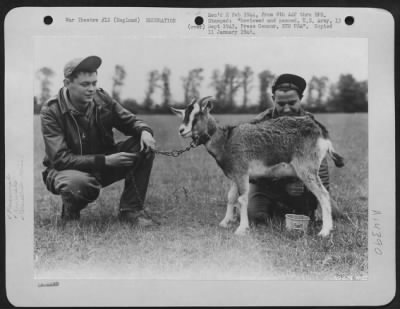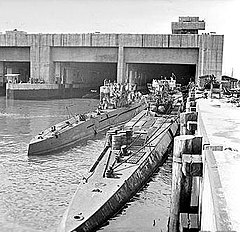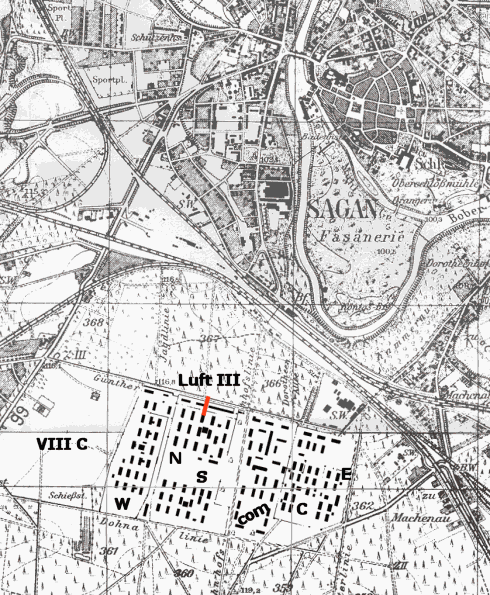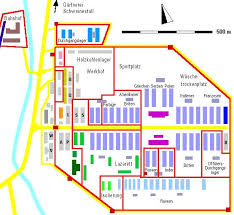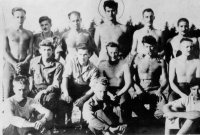
Les and son
Airman, Les Duffield of Alberta Canada sadly passed on today at the age of 90 years.
Les and his Wife were our Winter neighbors in Arizona for 14 years or so. He was a remarkably gentile man who I cannot ever remember seeing without a smile on his face. I spent a lot of hours sitting in the wonderful AZ. Winter sunshine visiting with him. They became our Canadian family over the years. Fortunately, he and his Wife made a final journey to Montana last Summer to visit my 97 year old Dad. Les and Dad were serious Cribbage players and had hundreds of games over the years. He will be missed by many.
Les enlisted in the Royal Canadian Air Force at 18 years of age. We only talked about his service History a few times.
He was involved in the salvage / recovery of downed military aircraft. Picking up whatever could be salvaged or recovering the bodies of lost airmen. A sad job.
One of his first recoveries was of an aircraft that had nosed into an open concrete basement foundation. It was the damnest thing he said, that the plane came into such a small space almost perfectly. A terrible mess since the plane had a number of occupants. No fire, as the plane must have run out of fuel.
Rest in Peace Airman Duffield.












